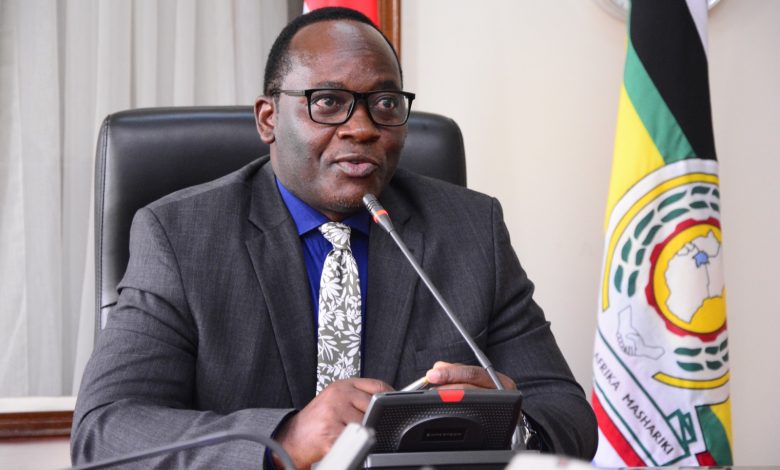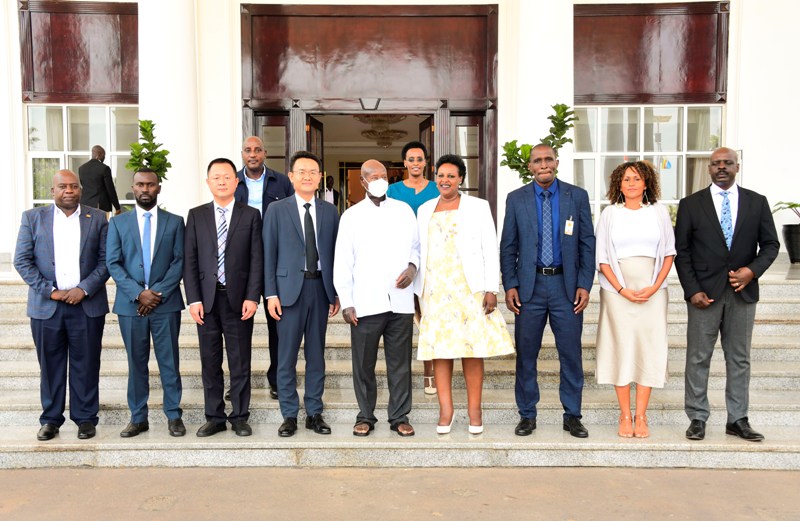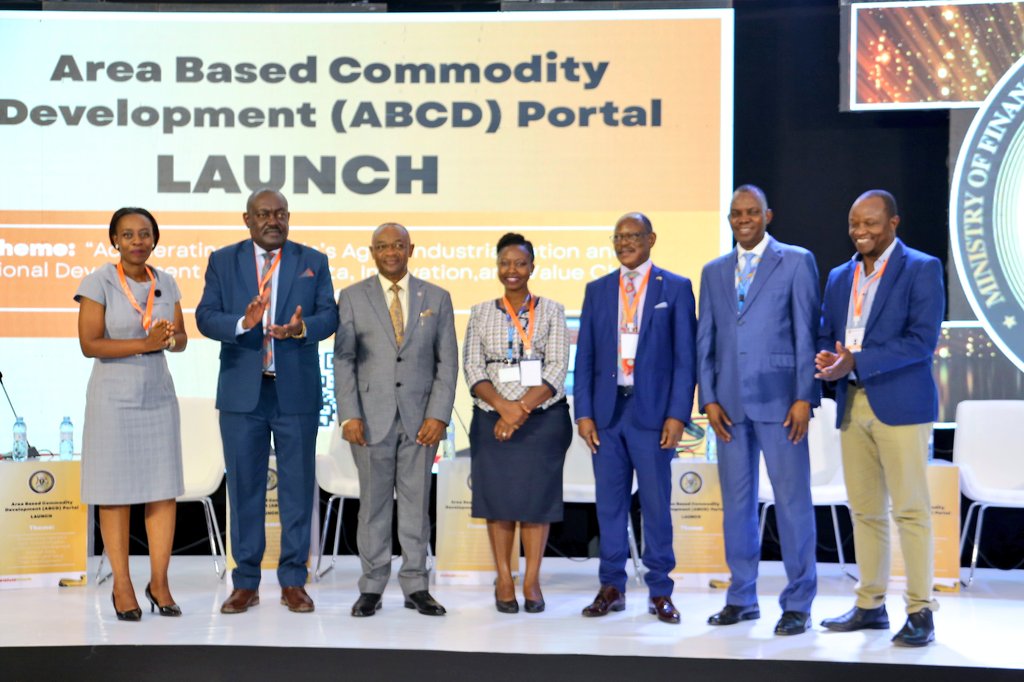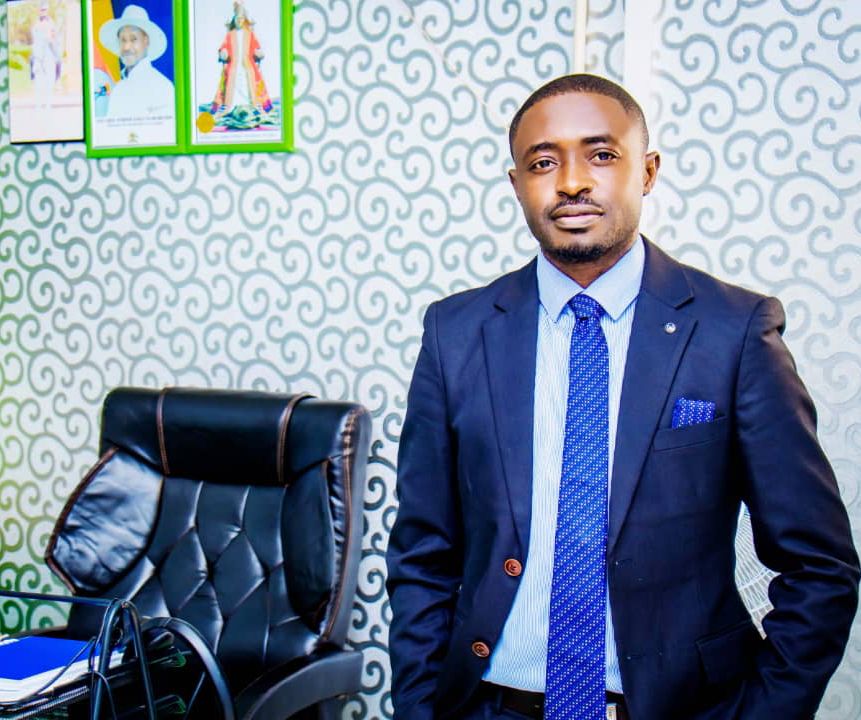Mixed Reactions from Ugandans regarding electoral reforms
Mpuuga is also pushing for amendments to the Electoral Commission Act to extend voting rights to prisoners and Ugandans in the diaspora.

Former Leader of Opposition in Parliament, Mathias Mpuuga, is preparing to initiate a series of consultations with Ugandans regarding his proposed constitutional amendments aimed at reforming Uganda’s electoral process.
As a commissioner of parliament and the current Nyendo-Mukungwe MP, Mpuuga’s proposals have sparked widespread discussion, with opinions ranging from strong support to skepticism.
Mpuuga announced that next week, he intends to seek permission from the Speaker of Parliament, Anita Among, to begin formal consultations with the public. Among the key changes he seeks are allowing Ugandans to directly vote for the Vice President on the same day as the presidential election, a departure from the current system where the President appoints the Vice President.
“The people deserve a direct say in who occupies the second most powerful office in the country. This will enhance accountability,” Mpuuga stated.
His proposed reforms also suggest that both presidential and parliamentary election results be declared simultaneously at polling stations, a move he says will enhance transparency.
Mpuuga is also pushing for amendments to the Electoral Commission Act to extend voting rights to prisoners and Ugandans in the diaspora.
“There are about four million Ugandans in the diaspora, with nearly two million eligible to vote. These citizens contribute significantly to the economy, more than even our leading export, coffee. They deserve the right to participate in choosing their leaders,” Mpuuga said.
Additionally, the proposed reforms include reducing the size of parliament and restoring presidential term limits, a contentious topic that has divided the nation for years.
As Mpuuga’s proposals gain attention, Ugandans have voiced a range of opinions on the matter.
John Ssemwanga, a taxi driver in downtown Kampala, expressed strong support for the reforms. “We have been complaining about the government for years, but nothing changes. If we can vote for the Vice President and make the government more accountable, it will be good for the people,” he said.
Aisha Namuyimba, a shop owner in Wandegeya, is particularly supportive of allowing diaspora Ugandans to vote. “These people send us money, support their families, and help the economy. If they are part of us, they should have the right to vote,” she said.
However, not everyone is enthusiastic. Andrew Kasozi, a boda-boda rider in Kisenyi, questioned the practicality of the proposals. “It’s good to say we want changes, but who will implement them? The government has too much power. Changing the law is one thing, but making it work is another,” Kasozi commented.
Miriam Katende, a student at Makerere University, expressed concerns about the timing of the reforms. “We are too close to the 2026 elections. I’m not sure if the government will even take these amendments seriously. They might delay the process or find ways to block them,” she remarked.
On the other hand, Samuel Mugisha, a teacher in Nakawa, supports the restoration of presidential term limits, one of the most controversial points in Mpuuga’s proposals. “It is long overdue. Leaders must have limits, or else they abuse power. This will prevent life presidencies and give new leaders a chance,” he argued.
Mpuuga’s proposals have generated considerable interest as the 2026 general elections approach. While his call for reforms resonates with many, the road ahead remains uncertain, as constitutional amendments often face significant political resistance.
As Mpuuga begins his public consultations, it remains to be seen how much traction his ideas will gain among lawmakers and whether they will lead to lasting change in Uganda’s electoral landscape.







